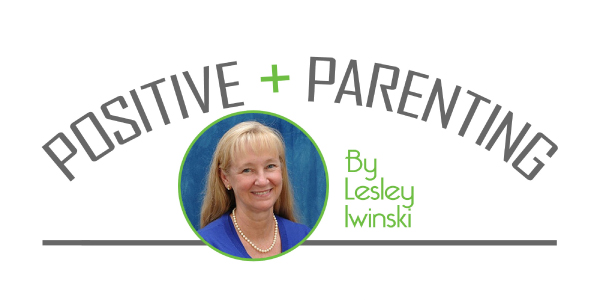Positive Parenting: The Perfect Gift? Unconditional Love
The holidays are here again! We all learn from a young age to make a list of gifts we want for holidays and birthdays. It is a time-honored ritual that we celebrate together. It’s also fun to make a gift list for the people we love.
Your children will tell you that they want blasters, trolls, Hatchimals, drones, clothes, and Snuggles My Dream Puppy.
But here’s a thought to consider during this season of giving – children really want something else and not just for the holidays.
It is unconditional love.
Unconditional love has no bounds and never changes. It sees the value and worthiness of an individual, separate from his or her behavior.
If you knew in your heart that no matter what you did, you would be loved beyond measure, what could you accomplish?
Unconditional love is the root and foundation from which healthy, resilient, happy humans grow.
In the book “Mama, Do You Love Me?” by Barbara Joosse, a young Inuit girl tests the limits of her mother’s love by asking her questions: “What if I turned into a walrus?” “What if I stayed away?” “What if I made you angry or made you cry?”
No matter the question, her mother assures her that she will be loved “forever and for always.” That is the message that every child wants to hear.
Many families make a point of telling one another, “I love you” every day.
Parents show their love through caring for children, and encouraging them to care for others.
Providing an atmosphere of warmth and support in your home creates a sense of safety, security and love.
But sometimes parents get angry. Children don’t do what they are supposed to do. Mistakes are made.
In those times, how do children know they are unconditionally loved?
One simple tip is this: Try changing one little three-letter word – from “but” to “and.”
“I love you and you may not color on the wall.”
“I love you and the answer is no.”
“I love you and you may not hit.”
Why is the word “and” so powerful here? Because it states an unconditional fact. When the word “but” is used, it suggests to a child that there are times when he is NOT loved.
There is no greater contributor to a child’s developing sense of self than the knowledge that her parent loves her no matter what.
Now, that’s the perfect gift!
Dr. Lesley Iwinski is the mother of three grown children, a family physician and Executive Director of The Parent and Family Enrichment Center, Inc. and Growing Peaceful Families.
She offers classes, workshops and seminars. Info: (859) 333-3053 or www.GrowingPeacefulFamilies.com.

